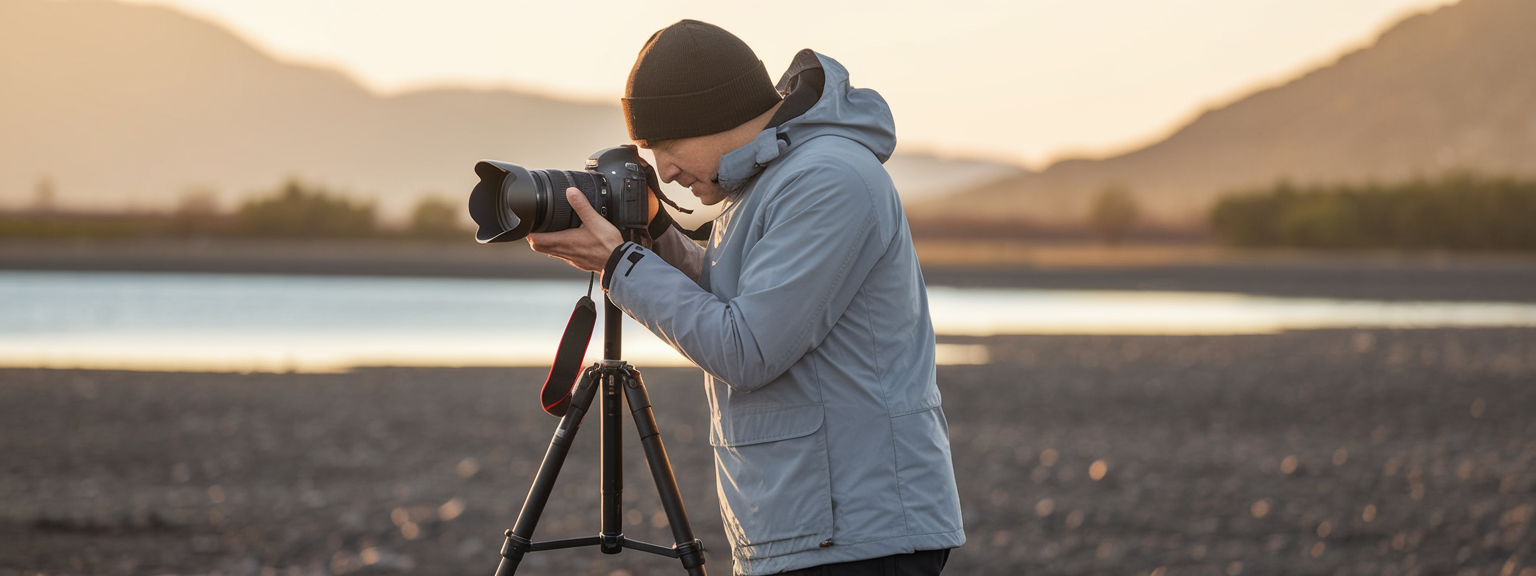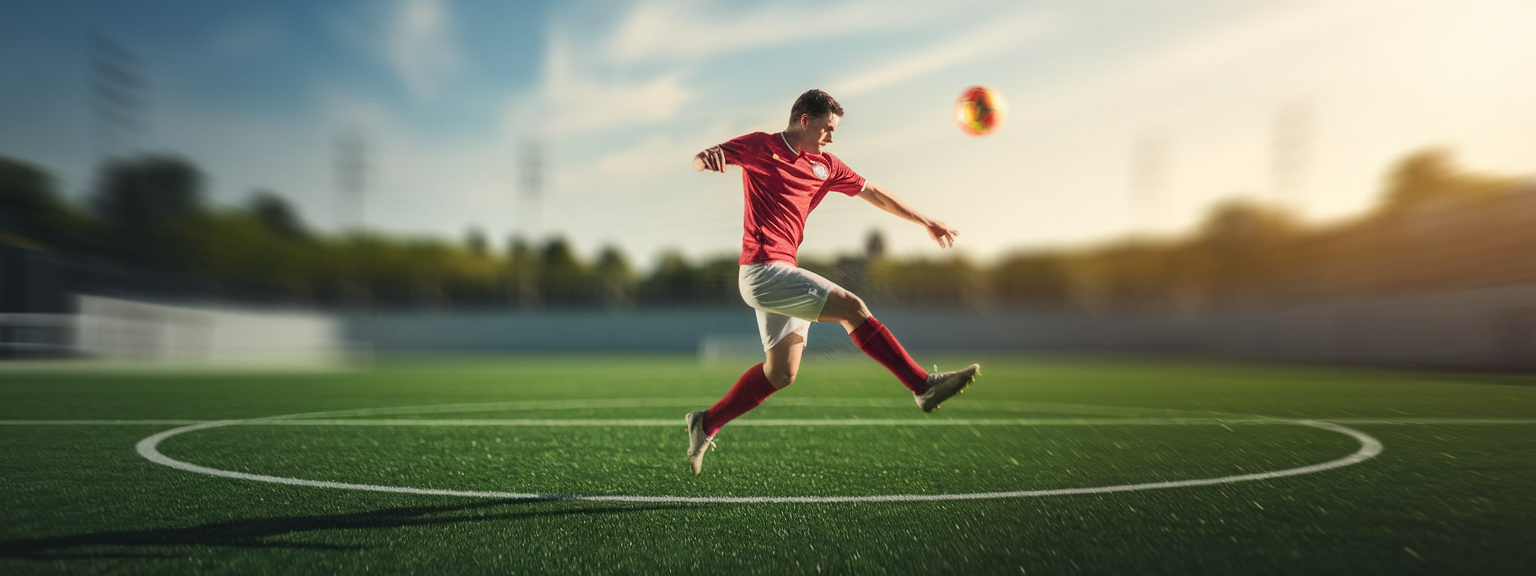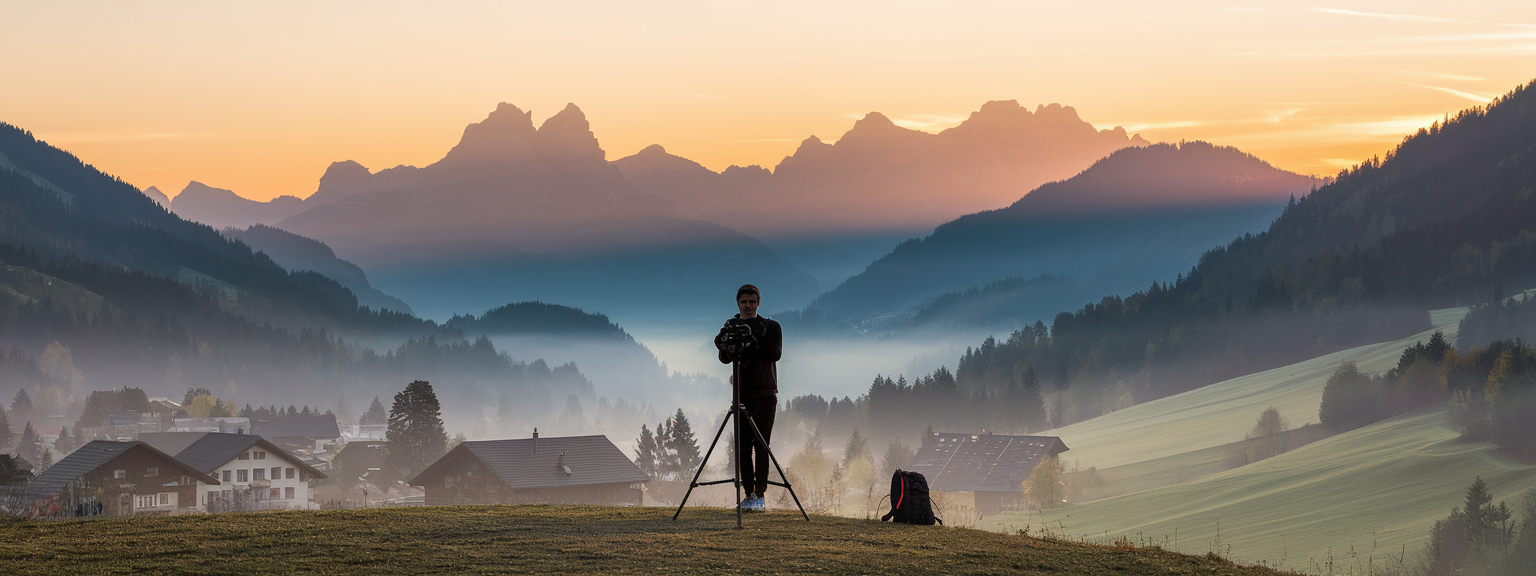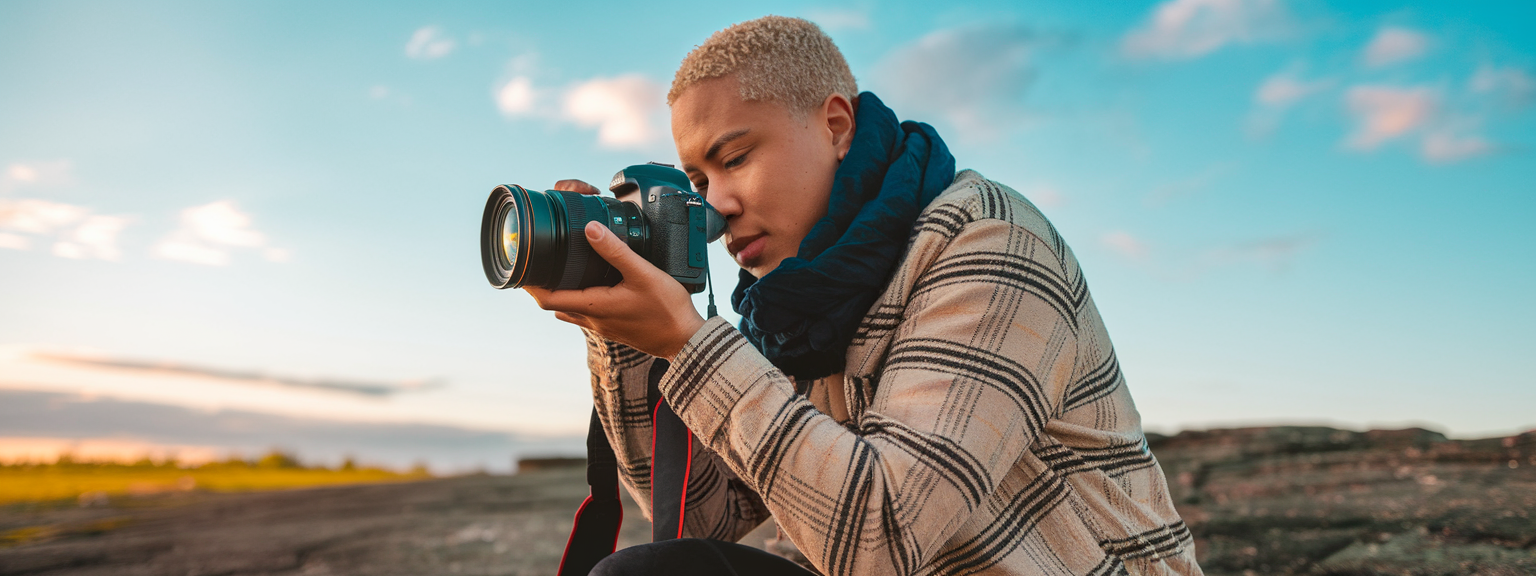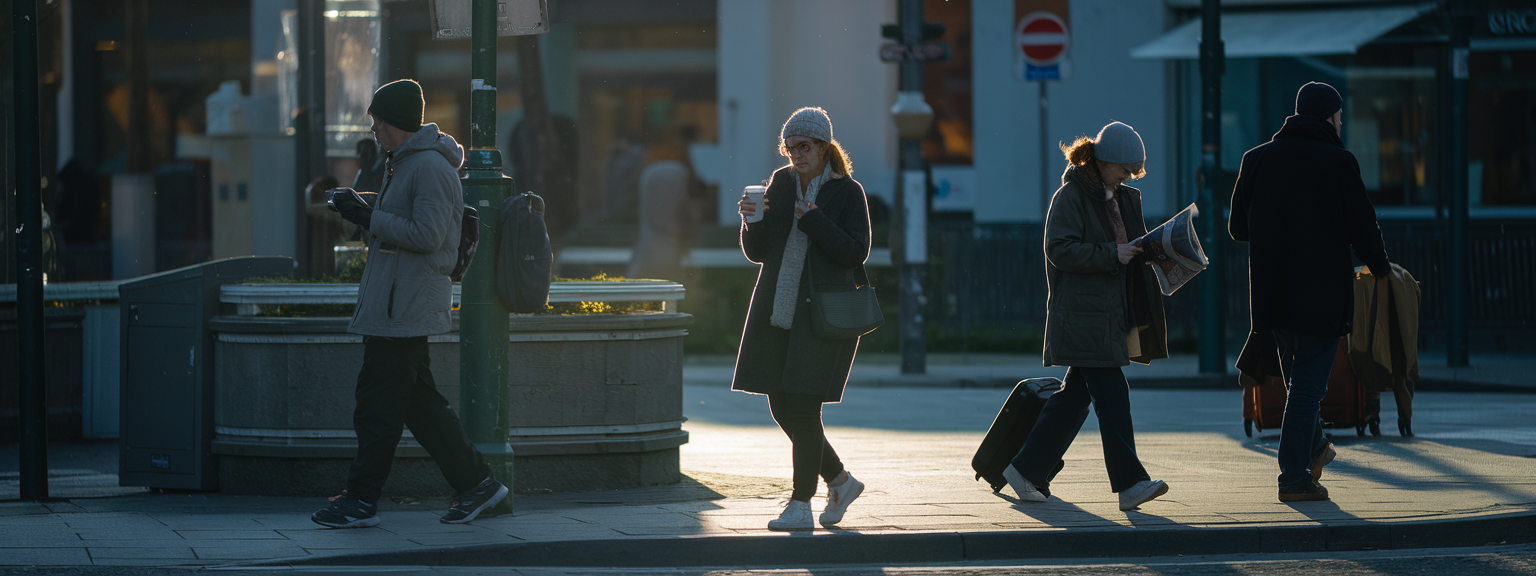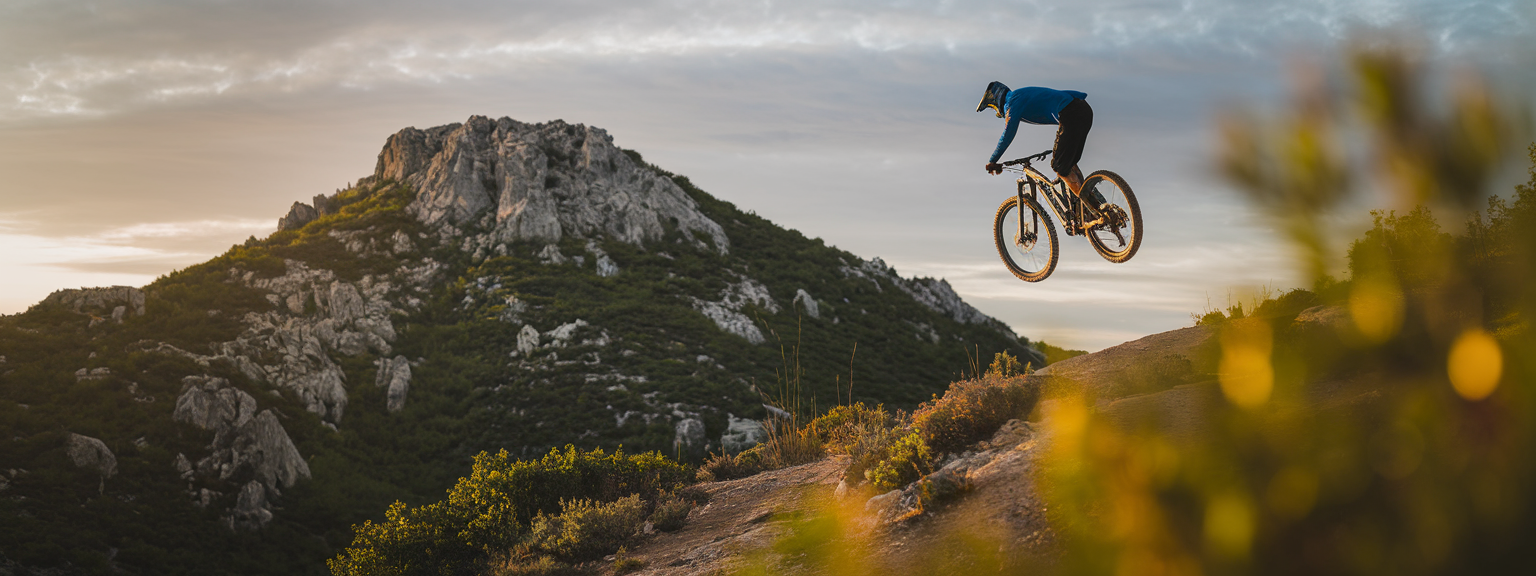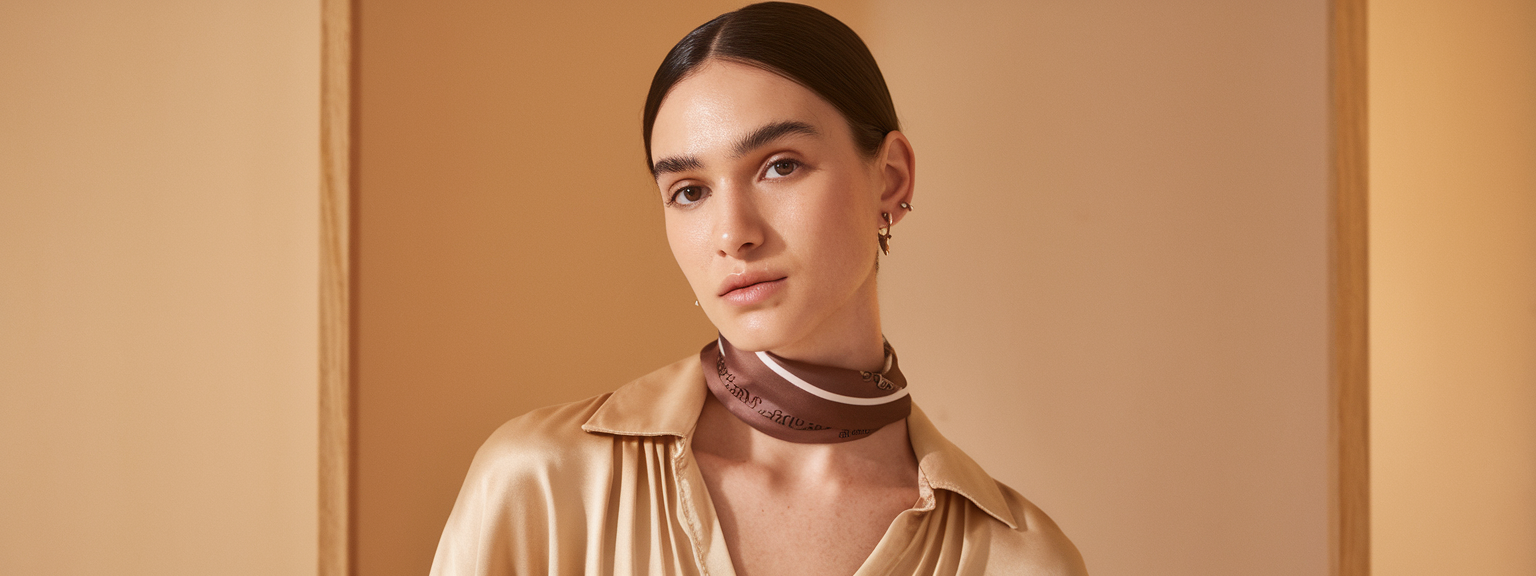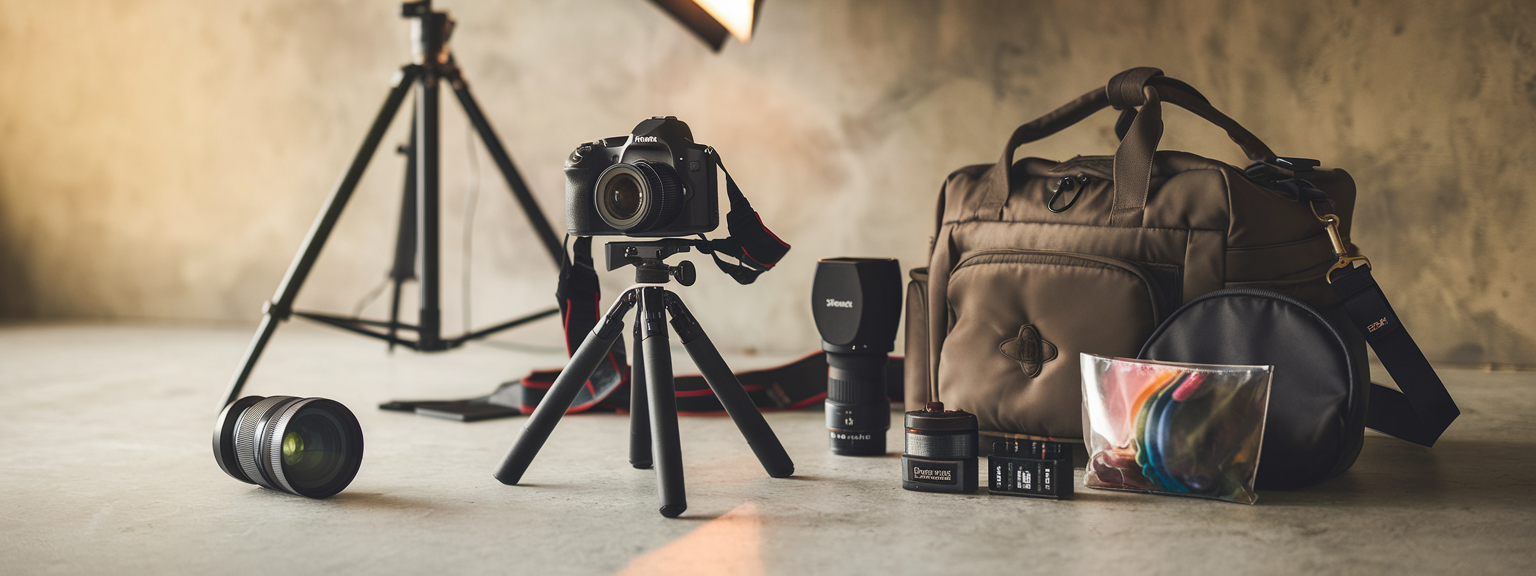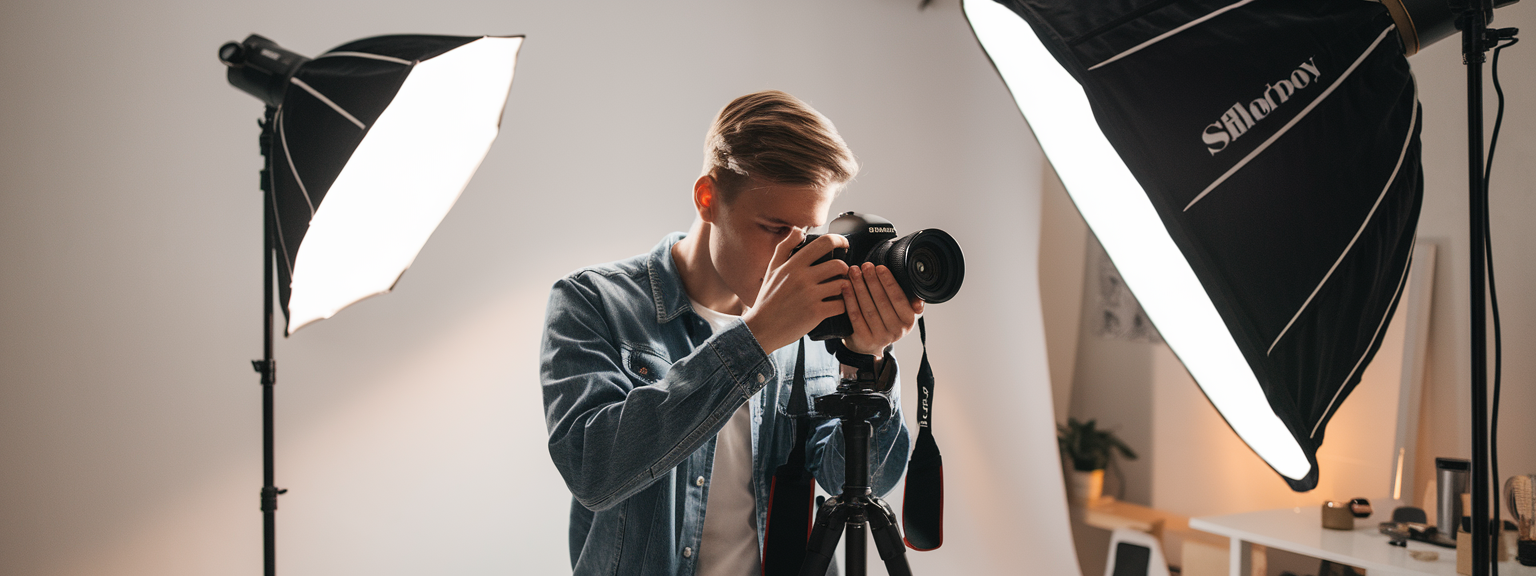Master Your Photography Practice Routine: Accelerate Skills and Ignite Creativity

Welcome to our in-depth tutorial on how to Master Photography Practice. In this guide, we will explore a variety of creative techniques, photography skills, and strategic steps to help you refine your photography routine and achieve your photography goals. Whether you are looking to experiment with lighting, improve your composition mastery, or join a supportive photography community, this post is designed to accelerate your skill acceleration and boost your creative mindset.
📝 Step-by-Step Guide: Master Photography Practice
Achieving photographic excellence requires diligent practice, adjustable strategies, and consistent review of your work. In this section, we offer a detailed step-by-step guide to help you master photography practice, naturally incorporating creative techniques and essential photography skills. Moreover, these steps will serve as a foundation for refining your photography routine and fulfilling your photography goals.
Step 1: Define Your Vision
Begin by clarifying your artistic vision. Ask yourself what stories you want to tell. Do you aim to capture the dynamic motion of cityscapes, the quiet solitude of natural landscapes, or the vibrant life of urban street photography? In addition, set specific photography goals. A well-defined vision paves the way for efficient planning and encourages you to experiment with different lighting experimentation techniques. Therefore, summarizing your goals in a journal or digital note will help consistently steer your practice sessions.
Step 2: Organize a Consistent Routine
A structured photography routine is essential for skill acceleration. Schedule time each week for photo walks, studio experiments, and editing sessions. Moreover, allocate specific time slots to focus solely on creative techniques, such as exploring new angles or testing unconventional compositions. As a result, you will gradually build a body of work that reflects your growth as a photographer.
Step 3: Experiment with Technical Skills
Experimentation is key. Use manual settings to understand aperture, ISO, and shutter speed. Additionally, explore creative techniques such as long exposure photography and macro photography. This experimentation not only enhances your technical photography skills but also encourages a deeper understanding of the interplay between light and composition mastery. Consequently, every experiment provides valuable insights for improving your photography practice.
Step 4: Review and Reflect
Regularly review your work, preferably by joining a photography community. Critiques from peers help identify areas for improvement and reveal your strengths. In addition, maintain a portfolio which gradually evolves with your creative techniques and improved photography skills. Reflecting on your previous work will inspire you to continuously enhance your photography routine.
Step 5: Set Incremental Goals
Break your larger photography goals into manageable segments. For example, focus on improving lighting experimentation one month and then shift to developing composition mastery the next. This incremental approach keeps you motivated and ensures that your progression is steady. Also, be open to adjusting your routine based on emerging trends in photography practice.
📌 Practical Applications: Master Photography Practice
Putting theory into practice is crucial. Many photographers learn best when they see how each concept is applied in real-life contexts. In this section, we will explore practical applications that integrate secondary keywords like Photography Skills, Creative Techniques, and Photography Goals with our primary keyword, Master Photography Practice.
Application 1: Urban Landscapes
Urban landscapes provide an excellent backdrop to test your technical skills and creative techniques. For example, capture city lights at night, experiment with reflections, and challenge yourself to find hidden details in busy environments. This exercise not only enhances your photography routine but also improves the nuance of lighting experimentation and composition mastery. Furthermore, such tasks will gradually align you with photography community trends and enable skill acceleration.
Application 2: Portrait Photography
Portrait photography might involve both natural settings and studio lighting environments. Here, the aim is to blend technical proficiency with creative vision. Try capturing emotions, textures, and subtle expressions by playing around with different angles. These exercises are perfect for achieving your photography goals and mastering photography practice by integrating both creative techniques and methodical planning.
Application 3: Macro and Nature Photography
Macro photography allows you to see details that are often overlooked. It improves your focus on composition mastery and sharpness. In addition, nature photography offers diverse scenes that challenge you to adapt quickly to changing light, weather conditions, and subjects. Therefore, these practical exercises will reinforce your mastery over photography practice, and you will notice significant improvements in both your photography skills and creative techniques.
💡 Tips & Tricks: Master Photography Practice
In this section, we provide valuable tips and clever tricks that will help in your journey to master photography practice. These pointers integrate secondary and LSI keywords such as Photography Skills, Creative Techniques, Lighting Experimentation, and Composition Mastery to ensure you have a well-rounded approach.
Tip 1: Experiment Regularly
Consistency is key. Dedicate specific days to experimenting with different settings, such as shallow depth of field or high-contrast lighting. Experimenting not only nurtures your natural flair but also drives significant improvements in your overall photography routine. Additionally, regularly challenging yourself fosters creativity, leading to better mastery of the concepts behind photography skills and creative techniques.
Tip 2: Learn from Others
Join local meet-ups or online groups within the photography community. Connecting with others exposes you to diverse concepts and new trends, which in turn enhances your knowledge about various photography skills. Furthermore, by reviewing the work of peers, you can adopt innovative approaches to tackle lighting experimentation and composition mastery. In addition, these interactions play a crucial role in your journey to master photography practice.
Tip 3: Keep an Inspiration Journal
Maintain a digital or physical journal to record ideas, inspirations, and memorable moments from your practice sessions. This journal serves as a resource to remind you of successful techniques, failed experiments, and creative breakthroughs. Indeed, it will help you remain dedicated to achieving your photography goals and continue to enhance your photography skills.
Tip 4: Use Editing as a Learning Tool
While shooting is important, editing your photos sharpens your analytical skills. During post-processing, study your images for opportunities to improve exposure, contrast, and color balance. In addition, editing allows you to experiment with creative styles and helps in achieving your photography goals over time. Therefore, this process becomes an integral part of your effort to master photography practice.
📸 Sample Scenario
Let’s consider a sample scenario to put theory into action. Imagine you’re tasked with creating a portfolio that truly embodies the essence of urban street photography. In this scenario, mastering photography practice is essential. You start by mapping out your routine: dedicating mornings to scouting the city, afternoons to shooting in different lighting conditions, and evenings to reviewing your work. Furthermore, you decide to integrate creative techniques such as motion blur and high dynamic range imaging to vividly capture the bustling energy of the urban environment.
As you progress, you participate in an online photography community, receiving constructive feedback from fellow photographers. In addition, you study how professionals apply lighting experimentation and innovative composition techniques. This methodical approach is a classic example of how to effectively master photography practice while nurturing essential photography skills and creative techniques. Ultimately, your dedication leads to a compelling portfolio that stands out in the competitive field of photography.
✅ Key Do’s for Effective Usage
To truly master photography practice, there are several do’s you must adhere to. These key practices ensure that every session contributes positively to your overall growth as a photographer.
Do: Set Clear Objectives
Always define what you want to achieve prior to your practice sessions. Whether your aim is to experiment with lighting, improve your focus on composition mastery, or refine your photography skills, setting clear objectives helps steer your efforts and evaluate progress over time.
Do: Maintain a Consistent Routine
A regular and structured routine is crucial. Consistency not only reinforces skill acceleration but also allows ample time to review, edit, and optimize your work. In addition, a well-planned schedule reinforces the discipline required to master photography practice effectively.
Do: Embrace Constructive Criticism
Engage with a photography community that offers supportive and constructive feedback. This interaction exposes you to new ideas and creative techniques, thereby accelerating your learning curve. Moreover, peer reviews often highlight areas for improvement you might have overlooked on your own.
Do: Experiment with Different Styles
Keep your creative spark alive by trying out various genres and styles. Experimenting with diverse settings, such as macro shots or low-light conditions, not only enhances your photography skills but also contributes significantly to mastering photography practice.
❌ Common Mistakes to Avoid
Awareness of common pitfalls is just as important as understanding the best practices. Avoiding these mistakes will help in troubleshooting issues and ensuring steady progress in your photography journey.
Mistake 1: Lack of Consistency
Inconsistency in practice sessions can stall progress. Irregular shooting habits often lead to fragmented knowledge and unrefined skills. Therefore, to truly master photography practice, a consistent routine is non-negotiable.
Mistake 2: Over-Reliance on Auto Modes
While auto modes are useful, relying solely on them prevents you from grasping essential technical aspects of photography. In addition, neglecting manual settings restricts your understanding of creative techniques such as lighting experimentation and composition mastery.
Mistake 3: Ignoring Feedback
Avoid dismissing critiques from your peers. Constructive criticism is vital for your progression and helps pinpoint areas where you can improve your photography skills. Moreover, learning from mistakes enables you to refine your photography practice long-term.
Mistake 4: Stagnant Creative Exploration
Do not allow yourself to fall into repetitive patterns. Continuously challenge your creativity by exploring new genres and adopting innovative techniques. In effect, this approach ensures that your photography practice remains fresh and engaging, which ultimately leads to long-term growth.
🔄 Troubleshooting & FAQs
Below are some common questions and answers that can help you overcome challenges in your journey to master photography practice and elevate your photography skills.
Q1: What is the best way to start mastering photography practice?
Start with a clear vision and set achievable photography goals. In addition, follow a structured routine and continuously evaluate your work. Regular practice with an emphasis on creative techniques and technical skills will set the stage for long-term progress.
Q2: How can I improve my lighting experimentation skills?
Experiment with various light sources, modify your exposure settings manually, and try shooting during the golden hours. In addition, experimenting in different weather conditions can help you better understand how natural light impacts your photos. This approach is essential for mastering photography practice and refining your overall photography skills.
Q3: What role does feedback play in mastering photography practice?
Feedback is extremely valuable. It assists in identifying both strengths and areas for growth, while also offering insight into innovative creative techniques. Joining a supportive photography community can significantly enhance your ability to master photography practice by exposing you to diverse perspectives.
Q4: Can digital editing help enhance my creative techniques?
Absolutely. Digital editing not only helps refine your images but also provides an opportunity to reimagine your approach. This process enables you to better understand exposure, contrast, and color dynamics, which are key to achieving composition mastery and ultimately mastering photography practice.
🖼️ Bringing It All Together
Mastering photography practice is a continuous journey that integrates both technical proficiency and creative exploration. By consistently applying the strategies, tips, and applications mentioned above, you will see marked improvements in your photography skills. In addition, adopting a methodical approach and participating in a supportive photography community will boost your ability to innovate, thereby accelerating your skill acceleration.
In conclusion, whether you are just beginning your journey or striving to refine advanced creative techniques, remember that dedication, consistency, and a willingness to experiment are key. As you integrate these strategies into your routine, you will not only master photography practice but also turn every shot into a masterpiece.
Now is the time to put your plans into action. Continue exploring diverse techniques, immerse yourself in your photography community, and never stop learning. With each practice session, you will be one step closer to fully mastering photography practice and achieving lasting creative success.
Remember, the key is to keep challenging yourself and embracing new approaches. Your journey to consistently produce breathtaking images begins with that first step, so move forward with confidence and passion.
The blend of structured routines, practical applications, and a continuous push for innovation creates an environment where you are bound to excel in every shot. Embrace every opportunity to learn, and let your creative vision guide you toward becoming a truly inspired photographer.

